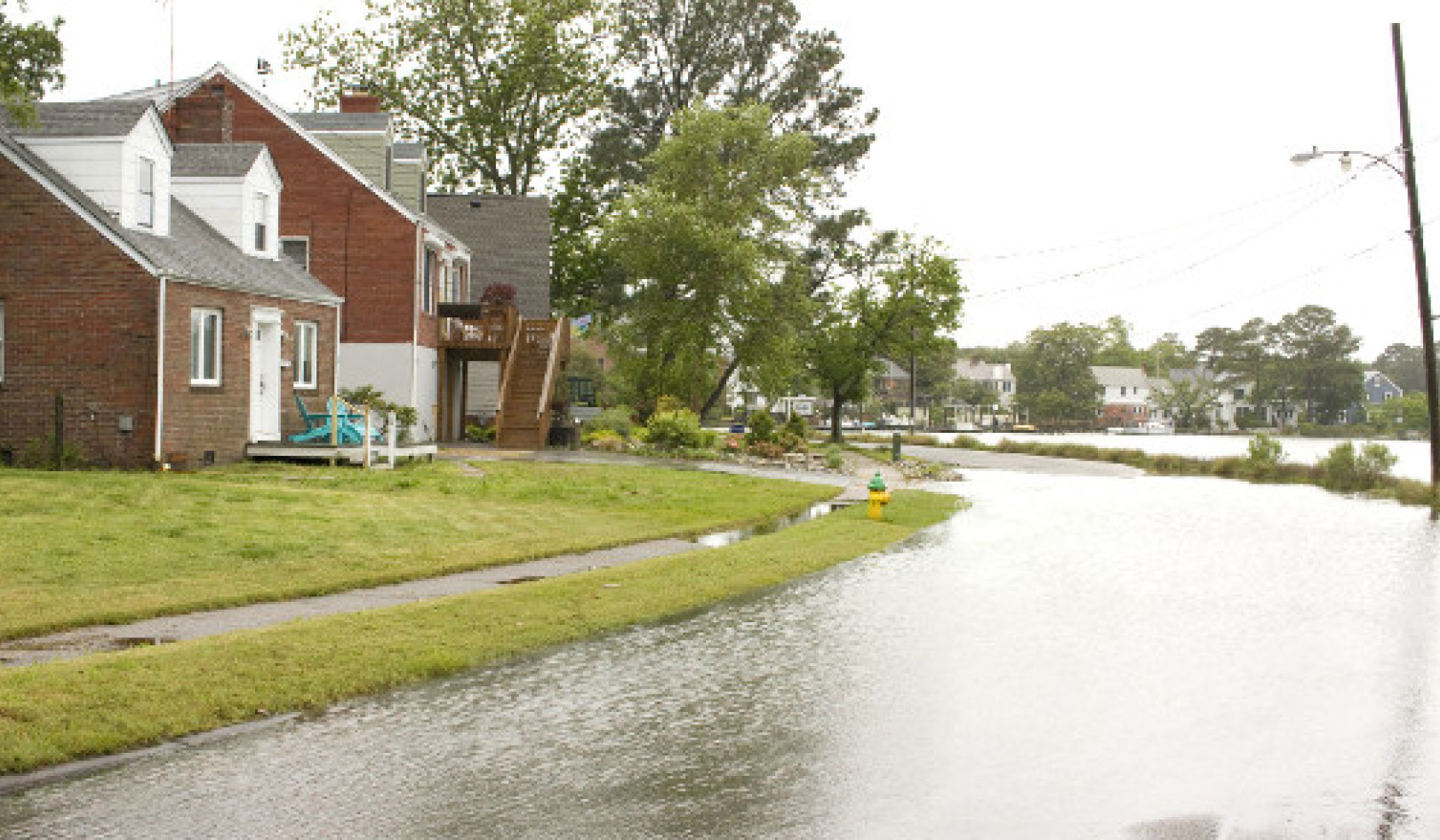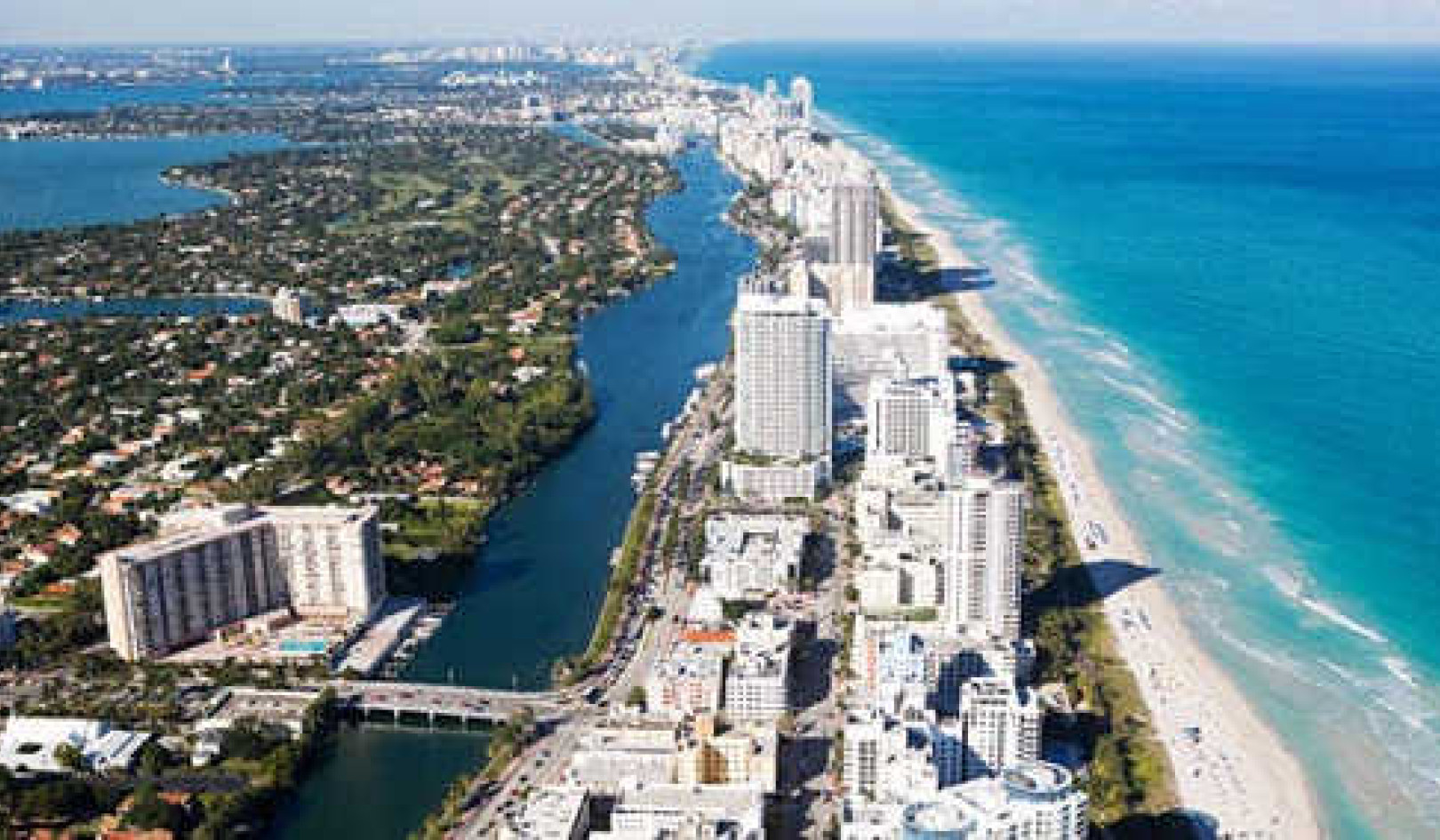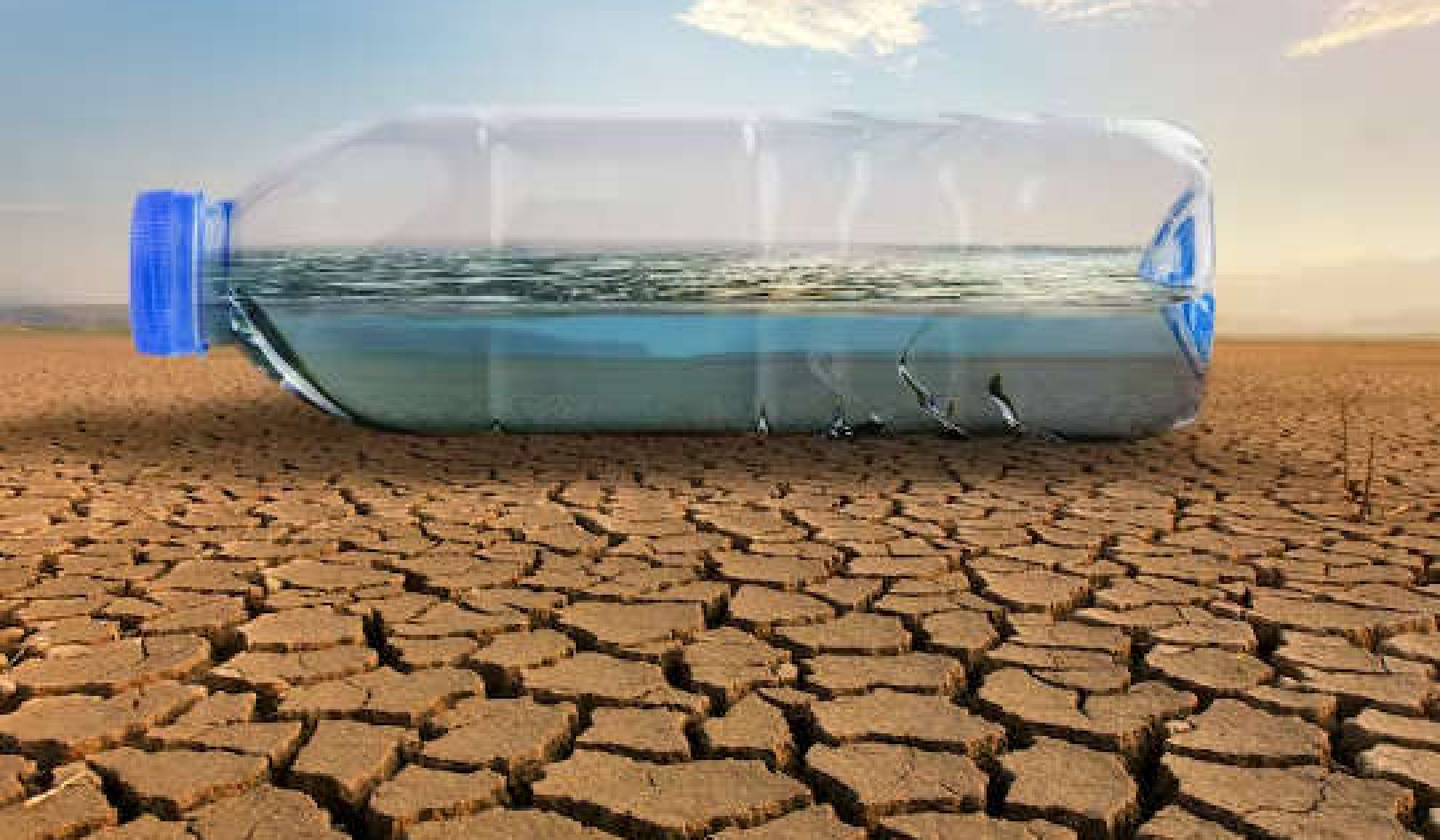The Baby Teeth Study grew out of the work of Dr. Jay Gould, Director of the Radiation and Public Health Project (RPHP), and author of " The Enemy Within: The High Cost of Living Near Nuclear Reactors". By analyzing 50 years of U.S. National Cancer Institute data, Dr. Gould showed that "of the 3,000-odd counties in the United States, women living in about 1,300 nuclear counties (located within 100 miles of a reactor) are at the greatest risk of dying of breast cancer. " Dr. Gould found similar risks for prostate cancer among men living in nuclear counties.
The Federal Government no longer collects information on how much radioactivity is entering our bones. Yet this information is crucial for determining whether nuclear power plants and weapons facilities are affecting our health and contributing to America's cancer epidemic. RPHP, a nonprofit organization, is conducting a national study of the levels of radioactive strontium-90 (Sr-90) in baby teeth. Once RPHP obtains the results, we can run statistical tests to determine whether these levels are higher around nuclear facilities than in the rest of the country.
Radioactive Sr-90 is one of the deadliest elements released by nuclear facilities. The chemical structure of Sr-90 is so similar to that of calcium that the body gets fooled and deposits Sr-90 in the bones and teeth where it remains, continually emitting cancer causing radiation. Most of the strontium in the baby teeth is transferred to the fetus by the mother during pregnancy. Because we know when and where the baby was born, and where the mother lived while carrying, we can accurately determine when and where radioactivity was absorbed from the environment.
Please help us with this study by sending RPHP your children's baby teeth. To simplify the process, we have a special envelope - please include the tooth (or teeth) of only one child per envelope. Answer the questions on the envelope, wrap the tooth in tissue paper and put it inside the envelope, place postage on the envelope, and mail it to RPHP. For more envelopes, call the toll-free number below, leave your name and address on the RPHP answering machine, and we will send you the envelopes.
For this study to be statistically significant we need AT LEAST 5,000 teeth from all parts of the country. So please help!
For additional baby teeth envelopes, call RPHP toll free at: 1 - 800 - 582-3716. Or for baby teeth mailing instructions, visit our web site at: www.radiation.org.
For more information about RPHP and the Baby Teeth Study, contact Jerry Brown, Ph.D., National Coordinator, RPHP, at: (305) 532-5565, fax: (305) 532-8829, or email:
What is nuclear or low-level radiation?
Man-made nuclear fission products like radioactive iodine and strontium, which did not exist in nature prior to 1945, are created in nuclear weapons and reactors and are released into the atmosphere, contaminating soil, food, and water. From 1945 to 1963, fallout from above-ground nuclear bomb tests deposited huge amounts of lethal fission products, particularly affecting baby boomers born during those years.
Why is nuclear radiation dangerous to our health?
Once in our bodies, strontium-90 (Sr-90) continually generates low levels of radiation, which can cause cancer and which promote the formation of "free radicals" capable of penetrating and destroying blood cells that make up the body's immune system. Therefore, it is no surprise that bomb fallout and nuclear facility emissions (both routine and accidental) have been associated with high death rates from breast cancer, prostate cancer, and a cluster of other health problems, especially those affecting newborn babies. These health problems include high infant mortality rates and increased low live birth weight rates of less than 5.5 pounds.
How can I protect myself from the health effects of human-made nuclear radiation?
The only way to be completely free of these elements is to stop them from entering the environment. However, although exposure to radiation increases the risk of illness, it does not guarantee illness. Nutrition plays a vital role in health and in the prevention of radiation-induced cancer.
Water: the two kinds of filtration systems that remove radioactive particles are distillation and reverse osmosis.
Food and Supplements: One of the primary ways that radioactivity damages cells is through the formation of "free-radicals" in the body, whose effects are counteracted by "antioxidants". Antioxidants, primarily vitamins A, C, E, selenium, and betacarotene, are found naturally in fruits and vegetables, and can be taken as food supplements.
Calcium: The diet should be high in calcium to retard Sr-90 uptake, which is mistakenly identified as calcium by the body. However, calcium should not come primarily from dairy products, since they are often contaminated.
Many health food stores have staff people knowledgeable about antioxidants, calcium supplements, and green concentrates which boost nutrition. Equally important: exercise, meditation, stress reduction, a positive mental attitude, and anything that nourishes one's mental/emotional/spiritual life.
What is the significance of the Baby Teeth Study
(the "Tooth Fairy Project")?
The goal of the Study is to collect baby teeth from "nuclear" and "non-nuclear" counties around the country. The teeth will be analyzed at an independent laboratory for levels of radioactive strontium and plutonium in order to ascertain if there is a link between radiation contamination and our national cancer epidemic. A similar U.S. study, conducted from 1957 - 1961, tested about 60,000 teeth from children born in the peak bomb test years, and found a twenty-fold increase in the level of strontium-90. That study was instrumental in the banning of above-ground nuclear weapons testing by the US and USSR in 1963.
How many teeth are needed and from what years?
For temporal comparisons of Sr-90 in baby teeth, RPHP needs teeth from all areas of the country, and at least 100 teeth for each birth year. Primarily of interest are teeth that have fallen out, or have been extracted by dentists, from 1980 to the present. (Teeth typically fall out between the ages of 6- 12 years.) However, RPHP will also test baby teeth from children born as far back as 1970, when the U.S. government stopped publishing Sr-90 levels in humans. RPHP's initial goal is to collect and test at least 5,000 baby teeth.
Recommended book:
The Enemy Within: The High Cost of Living Near Nuclear Reactors
by Dr. Jay Gould.
About The Author
For more information about RPHP and the Baby Teeth Study, contact Jerry Brown, Ph.D., National Coordinator, RPHP, at: (305) 532-5565, fax: (305) 532-8829, or email:
For baby teeth envelopes, call RPHP toll free at: 1 - 800 - 582-3716. Or for baby teeth mailing instructions, visit our web site at: www.radiation.org.































